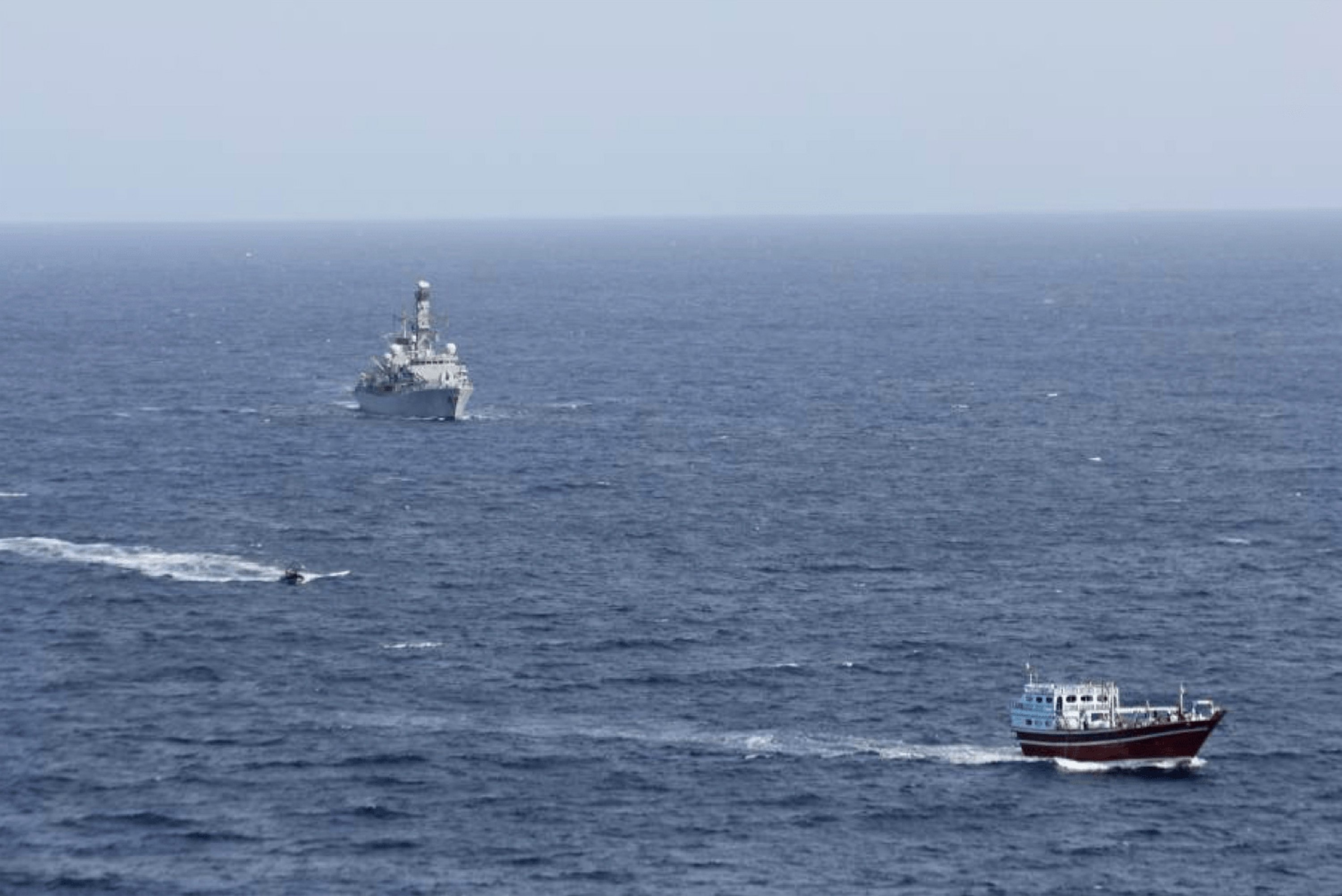5082
0
British fishing waters will be protected by the navy unless an agreement is reached with the EU
From 1 January, four British naval patrol boats will be ready to protect UK fishing waters in the event of a failure to conclude an agreement on post-Brexit relations with the EU.

Yazar: Tom Roberts
Yayınlanma: 13 Aralık 2020 21:32
Güncellenme: 2 Mart 2026 23:52
British fishing waters will be protected by the navy unless an agreement is reached with the EU
From 1 January, four British naval patrol boats will be ready to protect UK fishing waters in the event of a failure to conclude an agreement on post-Brexit relations with the EU. The four vessels - each 80 meters long - will have the power to stop, inspect and detain all European Union fishing vessels operating within Britain's exclusive economic zone (EEZ), which can extend up to 320 kilometers off the coast. "We have taken a number of measures to be prepared for every possibility," a British naval source quoted The Guardian as saying. A representative of the British Ministry of Defense told the daily that the ministry had undertaken extensive preparations and planning to ensure that a "series of scenarios" were prepared at the end of the transition period. The British Prime Minister Boris Johnson announced that his country is likely to end its departure from the European Union without an agreement on future trade and related relations. The French government has again announced that it will compensate its fishermen and take further steps to help if negotiations on the post-Brexit trade agreement fail. Paris is thus trying to prevent impending skirmishes at sea between French and British vessels. Fisheries remain one of the hottest points in difficult trade negotiations between the EU and Britain. Controversy over quotas, time frames and the length of the sector-specific transition period has led Britain to get into a dispute with France. Without an agreement, EU vessels will be banned from fishing in EEZ. At the same time, this will mean that British fishing vessels will not be able to enter the waters of nearby member states of the Union, writes The Guardian. This week, Brussels has proposed a one-year extension of the transitional period for fishing in order to gain time to resolve this important issue. The United Kingdom officially left the European Union on 31 January 2020 and on 31 December, after the end of the so-called transitional period, it will also leave the EU single market and the customs union. In the absence of a future partnership agreement, trade relations between Euroblock and Britain will be governed solely by the rules of the World Trade Organization (WTO).İLGİLİ HABERLER





European stocks soared and focus shifted to German retail sales after Powell's speech!

Forex Signal For TRY/USD: Inflation Slowdown in November.

Forex Signal For GBP/USD: Bullish Trend Still Not Breaking While Recovery Continues.

Forex Signal For EUR/USD: Starry US Data Points to Higher Fed Increases.

Forex Signal For BTC/USD: Downside Continues as Bitcoin Recovery Moves Less.
En Popüler Haberler
Yorum Yap
Yorumlar
Henüz yorum yapan yok! İlk yorumu siz yapın...